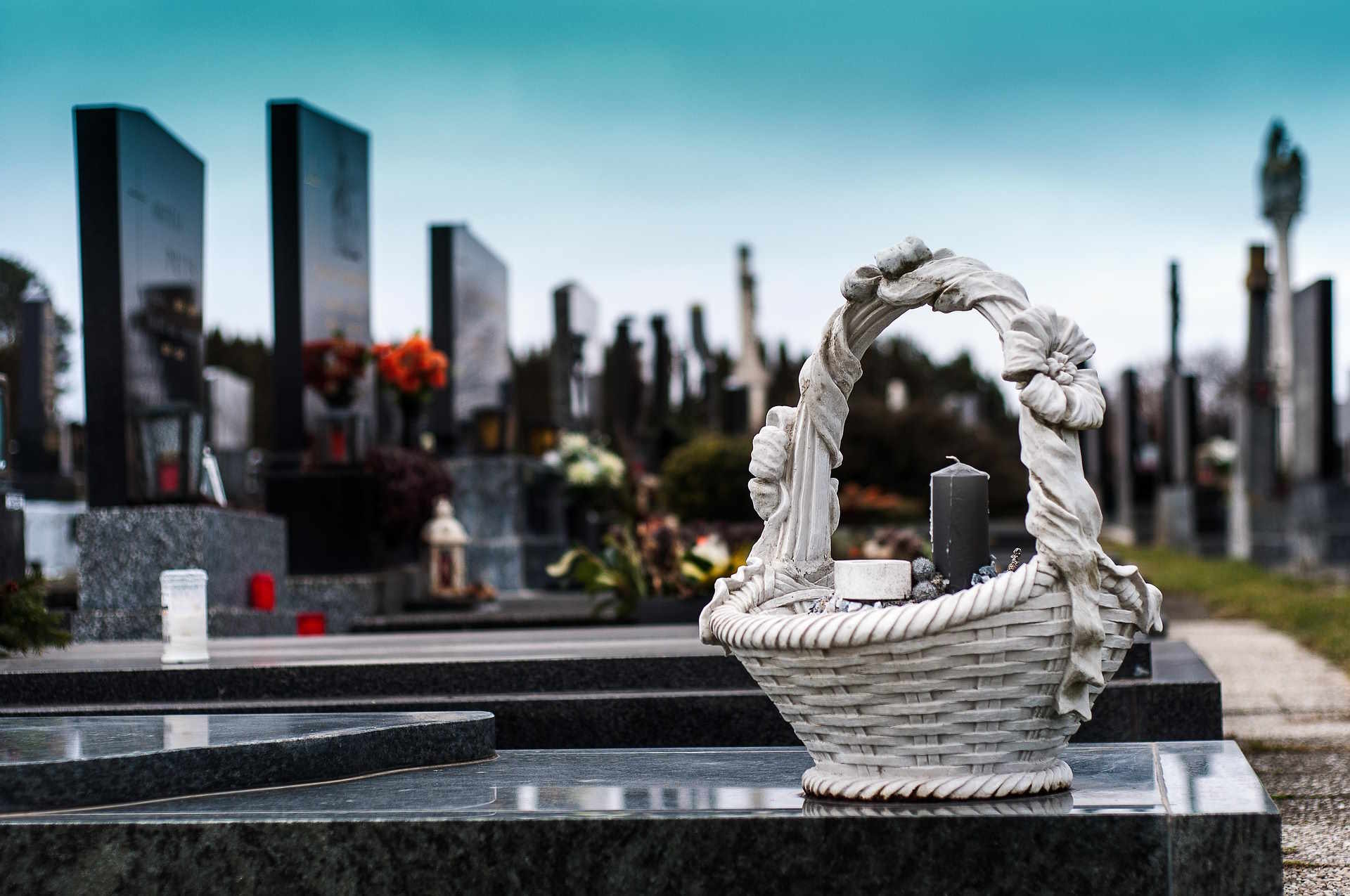Navigating Funeral Plans: A Thoughtful Approach to Planning Ahead
Planning for end-of-life arrangements represents one of life's most challenging yet important conversations. While discussing funeral plans may feel uncomfortable, taking a proactive approach can provide peace of mind for both individuals and their families. Understanding the various options available, from traditional burial services to cremation alternatives, helps ensure your final wishes are honored while reducing the emotional and financial burden on loved ones during an already difficult time.

Why Funeral Planning Matters More Than You Think
Funeral planning involves making decisions about your final arrangements before they become necessary. This forward-thinking approach allows individuals to research options thoroughly, compare prices, and make informed choices without the pressure of immediate need. Pre-planning also ensures that personal preferences regarding religious or cultural traditions are clearly communicated and respected.
Beyond personal wishes, funeral planning serves as a thoughtful gift to surviving family members. When arrangements are made in advance, families can focus on grieving and celebrating life rather than navigating complex decisions during emotional distress. This preparation also prevents potential conflicts among family members who might have different opinions about appropriate arrangements.
Understanding Different Funeral Arrangements
Funeral arrangements encompass various service types and burial options to accommodate different preferences, budgets, and cultural practices. Traditional funeral services typically include viewing or visitation, a formal ceremony, and burial in a cemetery plot. These services often involve embalming, casket selection, and coordination with religious or secular officiants.
Cremation has become increasingly popular, offering families multiple options for memorializing their loved ones. Direct cremation provides a cost-effective alternative without formal services, while memorial services allow families to hold celebrations of life at convenient times and locations. Cremated remains can be kept in urns, scattered in meaningful locations, or incorporated into memorial jewelry or artwork.
Green burial options appeal to environmentally conscious individuals, featuring biodegradable materials and natural burial grounds. These arrangements often cost less than traditional services while supporting conservation efforts and creating peaceful, natural memorial spaces.
Essential Elements of End-of-Life Planning
End-of-life planning extends beyond funeral arrangements to encompass legal, financial, and medical decisions. This comprehensive approach ensures that all aspects of your final wishes are documented and legally binding. Key components include creating or updating wills, establishing power of attorney designations, and preparing advance healthcare directives.
Financial planning plays a crucial role in end-of-life preparation. This involves organizing important documents, account information, and digital assets so that executors can efficiently manage estate matters. Consider creating a comprehensive file containing insurance policies, investment accounts, property deeds, and contact information for professional advisors.
Medical preferences should be clearly documented through living wills and healthcare proxies. These documents specify desired medical treatments, life-support preferences, and organ donation wishes. Sharing these decisions with family members and healthcare providers ensures that your medical care aligns with your values and beliefs.
How Burial Insurance Provides Financial Protection
Burial insurance, also known as funeral insurance or final expense insurance, offers a specialized form of life insurance designed specifically to cover end-of-life expenses. These policies typically provide coverage amounts ranging from $5,000 to $50,000, which can cover funeral costs, outstanding debts, and related expenses.
Unlike traditional life insurance, burial insurance policies usually feature simplified underwriting processes with minimal health questions. This accessibility makes coverage available to seniors and individuals with health conditions who might struggle to qualify for standard life insurance policies. Premiums remain level throughout the policy term, providing predictable budgeting for policyholders.
Most burial insurance policies build cash value over time, allowing policyholders to borrow against the policy if needed. Benefits are typically paid quickly to beneficiaries, often within 24-48 hours of claim approval, ensuring that funeral expenses can be covered without delay.
Exploring Pre-Need Funeral Options and Benefits
Pre-need funeral arrangements involve contracting with funeral homes to provide specific services at predetermined prices. These contracts allow individuals to select desired services, make payment arrangements, and lock in current pricing to protect against inflation. Many funeral homes offer payment plans that spread costs over several years, making pre-planning more financially manageable.
Pre-need contracts provide price protection, ensuring that selected services will be provided regardless of future cost increases. This benefit can result in significant savings, particularly for younger individuals who pre-plan many years in advance. However, it’s important to understand contract terms, including transferability provisions and refund policies.
| Provider Type | Coverage Amount | Monthly Premium Range | Key Features |
|---|---|---|---|
| Colonial Penn | $5,000-$50,000 | $15-$150 | Guaranteed acceptance, no medical exam |
| Mutual of Omaha | $2,000-$40,000 | $10-$120 | Simplified underwriting, cash value building |
| AARP/New York Life | $2,500-$25,000 | $12-$100 | Member benefits, flexible payment options |
| Gerber Life | $5,000-$25,000 | $8-$80 | Whole life coverage, level premiums |
Prices, rates, or cost estimates mentioned in this article are based on the latest available information but may change over time. Independent research is advised before making financial decisions.
Making Informed Decisions About Your Final Arrangements
Creating comprehensive funeral plans requires balancing personal preferences, family considerations, and financial realities. Start by researching local funeral homes and cremation providers to understand available services and pricing structures. Many providers offer free consultations to discuss options and answer questions about their services.
Consider involving family members in planning discussions to ensure that your wishes are understood and supported. While final decisions remain personal, family input can provide valuable perspectives and help identify potential concerns or preferences you might not have considered.
Documentation plays a vital role in ensuring your plans are followed. Keep copies of pre-need contracts, insurance policies, and written instructions in accessible locations. Inform trusted family members or friends about the location of these documents and any specific instructions regarding your arrangements.
Planning ahead for funeral arrangements demonstrates care for both yourself and your loved ones. By taking time to research options, understand costs, and document preferences, you create a thoughtful legacy that honors your life while providing comfort and clarity for those who will carry out your final wishes. This preparation transforms a difficult necessity into a meaningful expression of love and consideration for family and friends.




